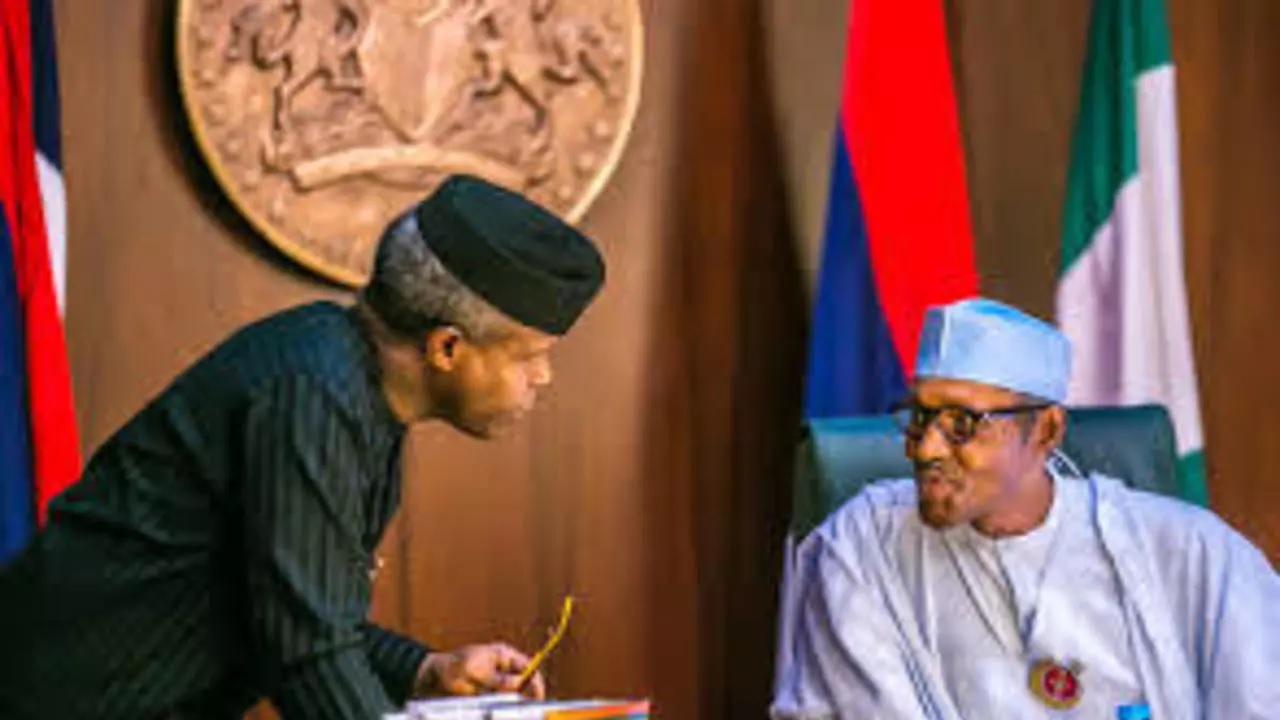President Muhammadu Buhari has inaugurated a new poverty committee, appointing Vice President Yemi Osinbajo as the chairman.
On Tuesday in Abuja, Mr Buhari inaugurated the National Steering Committee (NSC) of the National Poverty Reduction with Growth Strategy (NPRGS) with Mr Osinbajo as its chairman.
Speaking at the inauguration, Mr Buhari reiterated his regime’s commitment to lift 100 million Nigerians out of poverty in10 years with a well-researched framework for implementation and funding.
He noted that the NPRGS had already proposed establishing a private equity fund, the Nigeria Investment and Growth Fund, to lead resource mobilisation drive and sustainably manage the resources.
“This journey began in January 2021 when I directed the chairman of the Presidential Economic Advisory Council and the Secretary to the Government of the Federation to collaboratively work together to articulate what will lift 100 million Nigerians out of poverty in 10 years,” he stated.
READ ALSO: 2023 Presidency: Buhari will hand over to another of his apostle – VP Osinbajo
The president further noted, “I am happy to note that the process of designing this inclusive poverty reduction strategy recognised and addressed past mistakes as well as laid the foundation for a sustainable poverty reduction.
“This would be done through wide range consultations held at all levels of government, development partners, the private sector as well as the civil society.’’
He added that the NPRGS would address underlying causes of poverty on the basis of which it developed programmes that would deal with the multi-dimensional nature of poverty.
However, Mr Buhari admitted that “the major challenge before this National Steering Committee is to translate our good intentions into positive impact of for the average Nigerian.”
READ ALSO: Buhari threatens to suspend Google, Facebook, Instagram, WhatsApp, others
Buhari listed the steering committee’s responsibilities to include anchoring collaborative efforts and providing oversight for the implementation of the strategy.
It will also guide Technical Working Group and federal ministries, extra-ministerial departments and agencies, subnational governments, and other stakeholders on meeting the objectives of the programme.
(NAN)
